If you’ve been drinking wine for a while, you've most likely encountered a bottle that has gone bad somewhere along the line. Unlike wines that simply taste "less-than-good," bad bottles taste unbelievably bad! What causes such ruined wine? Here are a few factors...
A Bad Cork: Bad corks are the number one cause of “bad” wine. If stored improperly (upright instead of on its side, or in an environment without much humidity) a bottle’s cork can become too dry. It can then crumble, exposing the wine to air prematurely.
Air Exposure: Premature exposure to air (often because of bad corks) makes wine go flat and taste weak. Any air leak will quickly ruin decent wine. Some people mistakenly think that re-corking a bottle of opened wine will enable it to be preserved as before. Unless you’re using a wine preservation system similar to the Winekeeper Vintner 3 Bottle Wine Dispenser System, just popping the cork back on will not preserve your wine; the air remaining in the bottle will wreak havoc on your remaining wine.
Warm Storage: If wine has been stored for a lengthy period in heated conditions (direct sunlight, an uncooled storage area, a steamy car trunk, etc.) It can acquire a rubbery, burnt-like taste. One telltale sign of a bottle that’s been exposed to heat is a cork that leaks a little bit of wine. If you’re storing wine at home in your cellar, consider investing in a WhisperKOOL XLT 1600 cellar cooling unit that not only regulates temperature, but also humidity!
Past its Prime: If a wine ages too long after it’s reached its maturity, it will begin to taste like vinegar. Lots of people mistakenly blame vinegar-tasting wine on something that happened during the production process. Most of the time, however, that vinegar taste simply indicates the wine was stored way past its prime.
So, if you’re storing wine, make sure it is kept out of direct sunlight, stored on its side in a climate-controlled environment (preferably where moisture is also monitored), and consumed close to the time when it reaches its maturity. Follow these simple steps, and the amount of bad bottles you open in your home will be minimized. Cheers!

